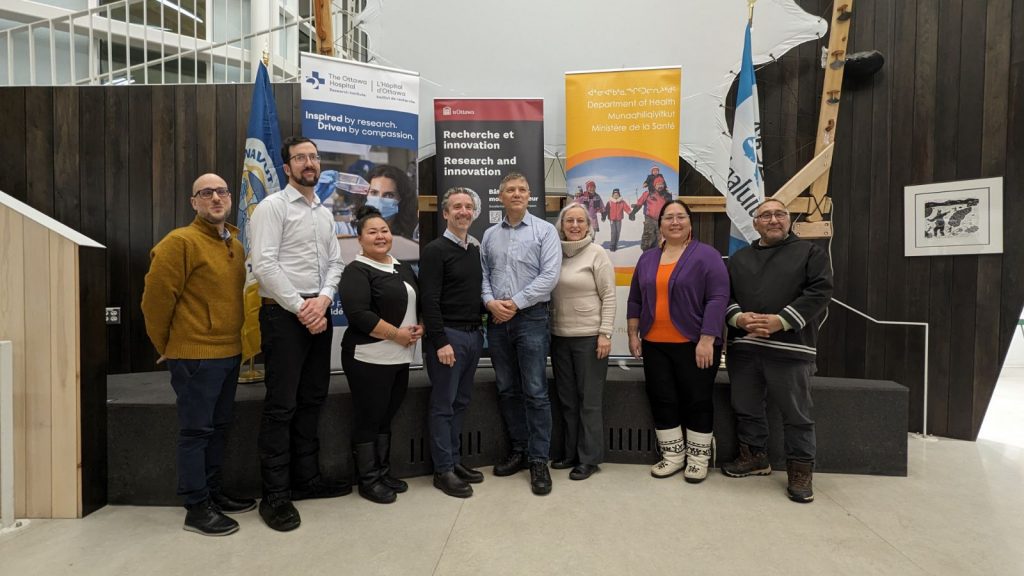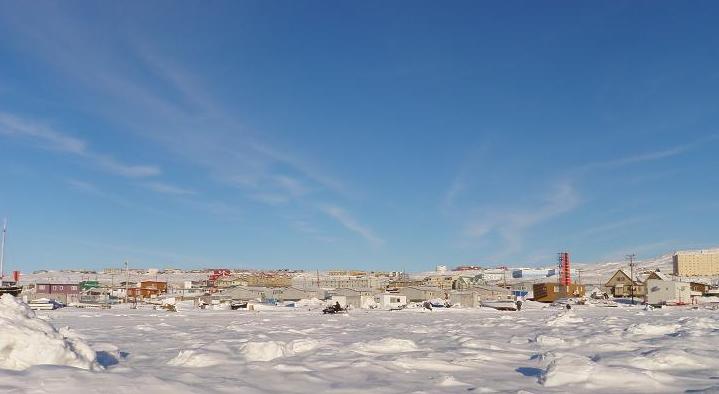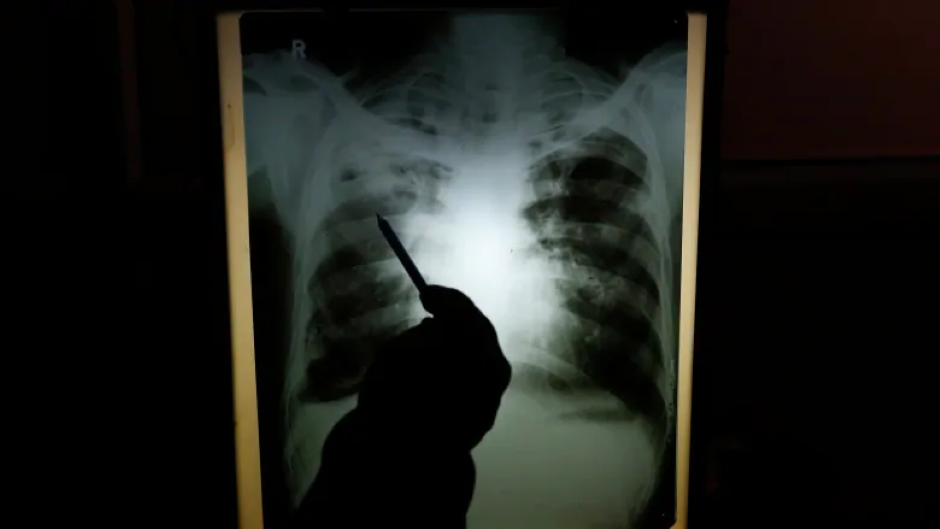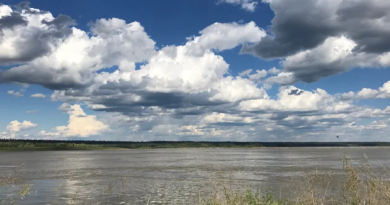Wastewater study launched in Iqaluit to help better detect TB

A study examining wastewater is being launched in Iqaluit that the Nunavut government, Inuit leaders and researchers say could help health authorities better identify and control tuberculosis (TB) in the territory.
“TB remains a major health problem in Nunavut, but at the same time, we can treat it and prevent it from spreading if we can find the people who have the actual TB,” Dr. Gonzalo Alvarez, an Ottawa Hospital Research Institute doctor and the Principal investigator for Taima TB, a research program investigating how to stop the disease circulating in Inuit communities in Canada, said in a phone interview.
“Wastewater monitoring could offer a tool for tracking TB and potentially be used as a community-wide screening tool.”
Canada boasts one of the lowest active TB rates in the world (2021 statistics put it at 4.8 per 100,000 people.) But crowded housing conditions, poverty, and challenges accessing healthcare have contributed to the ongoing spread of TB in Nunavut (where the rate reached 135.1 per 100,000 people in 2021).
TB is a bacterial infection that affects the lungs and is spread through air. It is treatable and can be prevented if people with the disease are identified.
Looking for ways to react more quickly
Nunavut already has robust screening programs.
Health care workers can travel to the territory’s villages to screen everyone in a particular community. Alvarez describes the approach as effective but “labour intensive and expensive,” especially when none of the 25 communities are connected to the road network and teams must fly in.
During the pandemic, extensive research was done on the levels of COVID-19 in wastewater, and partly inspired the study.
And if wastewater could be used as an addition screening method for TB, health authorities could react more quickly before the disease spreads, Alvarez said.

“Wastewater or sewage monitoring may provide a powerful new tool that can help focus these screening efforts and potentially allow earlier deployment of public health interventions to be able to treat and stop TB transmission,” Alvarez said.
The study will have three main components: setting up and and testing sampling infrastructure in Iqaluit; inviting people with TB to participate and provide saliva, urine and stool samples and then taking samples from wastewater and their home tanks; and then also testing at the community and at the building level.
Study could be vital tool: NTI
Aluki Kotierk, President of Nunavut Tunngavik Inc.,the organization representing Inuit in Nunavut, stresses the importance of having all information possible to deal with the disease, and sees this study as a vital part of that effort.
“With the disproportionate rate of TB found among Inuit, it is crucial to employ every tool we can to stop the spread and eliminate TB in Nunavut,” she said in a statement on Wednesday.
“Initiatives such as this will continue to be necessary, however, if we can find more streamlined and efficient ways to detect TB in Nunavut communities, we can be better prepared for future outbreaks, bringing us that much closer to eradicating TB in Inuit populations.”

The five year study will be led by The Ottawa Hospital, the University of Ottawa, the University of British Columbia and with NTI as a partner.
Study results could help inform future programs
The Taima TB Steering Committee will oversee the research project.
The Canadian Institutes of Health Research (CIHR) will provide a $3 million grant for the study. NTI will provide an additional $500,000.
“We hope that maybe after five years we will have developed the science to be able to develop a program that could then be used not only in all the communities in Nunavut, but also in Inuit Nunangat (the Inuit homeland),” Alvarez said.
“The city of Iqaluit and the community members have really gotten behind us and encouraged us to think of new ideas and to continue this battle against this disease that has plagued Inuit for far too long.”
Related stories from around the North:
Canada: How the legacy of Canada’s tuberculosis sanatoriums haunts public health efforts in Pangnirtung, Radio-Canada



